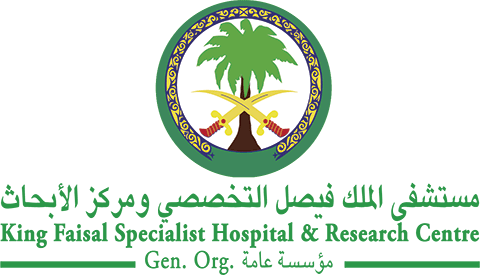Abstract
Sympathetic nervous system activation plays a role in the development of acute and chronic graft-versus-host disease (GVHD) following allogeneic hematopoietic cell transplantation (HCT). Primary objective was to compare the cause-specific hazard of grade II-IV and III-IV acute GVHD (aGVHD) and chronic GVHD (cGVHD) in the context of ß-blocker use and type (selective vs. non-selective). Secondary objectives included overall survival (OS), relapse-free survival (RFS), and cumulative incidence of relapse, non-relapse mortality (NRM), and grade II-IV and III-IV aGVHD and cGVHD. The current study included 151 patients ages 18 and older diagnosed with hematological malignancies who underwent reduced intensity conditioning allogeneic HCT from HLA matched related or unrelated donors between January 2014 and 2017. 31 patients were on a ß-blocker of which 71% were on a selective ß-blocker. The incidence of aGVHD was not different among groups. Results show a non-significant trend in the association between ß-blocker use and reduction in the risk of developing cGVHD (cause-specific hazard ratio 0.49, p = 0.060), with no negative impact on survival or relapse. The current data are supportive of a potential ß-adrenergic influence on the pathogenesis of GVHD, consistent with the inflammatory etiology of GVHD and the anti-inflammatory effects of ß-adrenergic antagonists.
Recommended Citation
Patel, Arjun; Murthy, Guru Subramanian Guru; Hamadani, Mehdi; Szabo, Aniko; and Knight, Jennifer M.
(2023)
"The impact of beta-blocker use at the time of hematopoietic cell transplantation on the development of acute and chronic graftversus- host disease,"
Hematology/Oncology and Stem Cell Therapy: Vol. 16
:
Iss.
3
, Article 5.
Available at: https://doi.org/https://doi.org/10.1016/j.hemonc.2021.10.001
Creative Commons License

This work is licensed under a Creative Commons Attribution-Noncommercial-No Derivative Works 4.0 License.
Included in
Cancer Biology Commons, Hematology Commons, Oncology Commons

